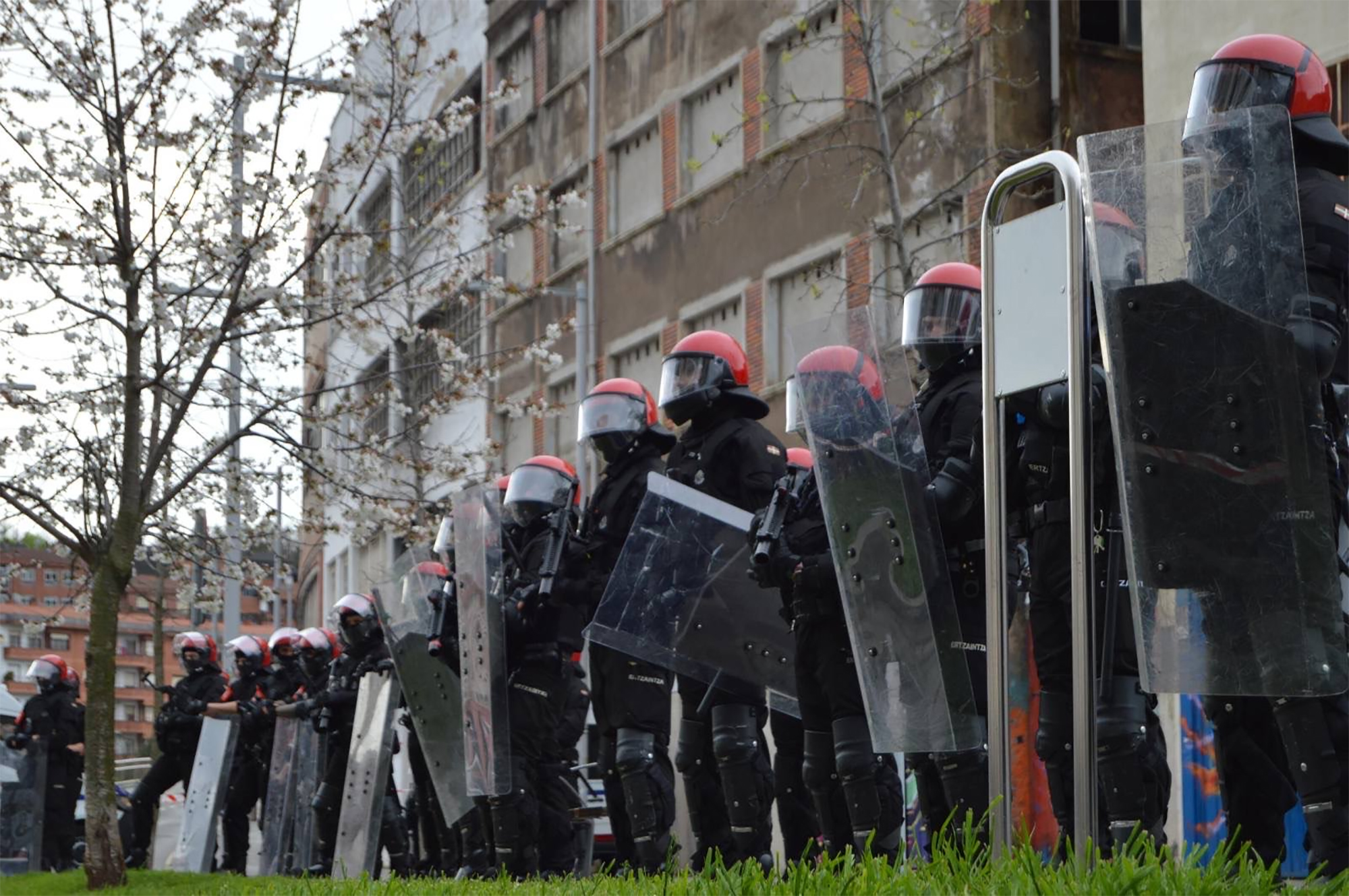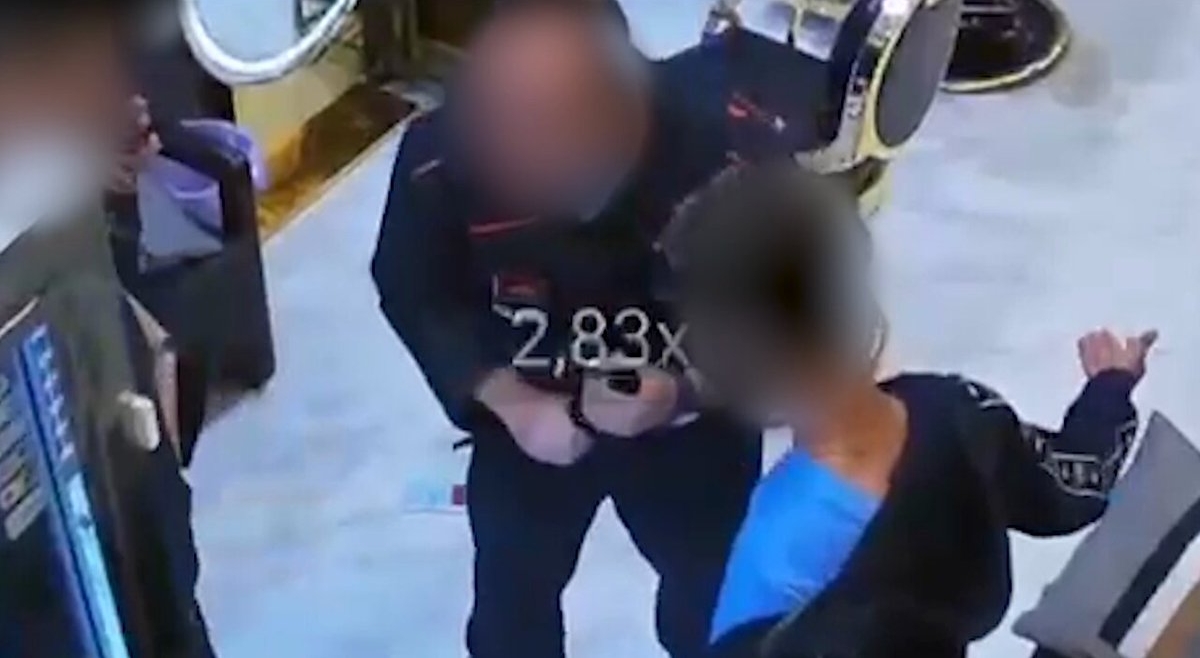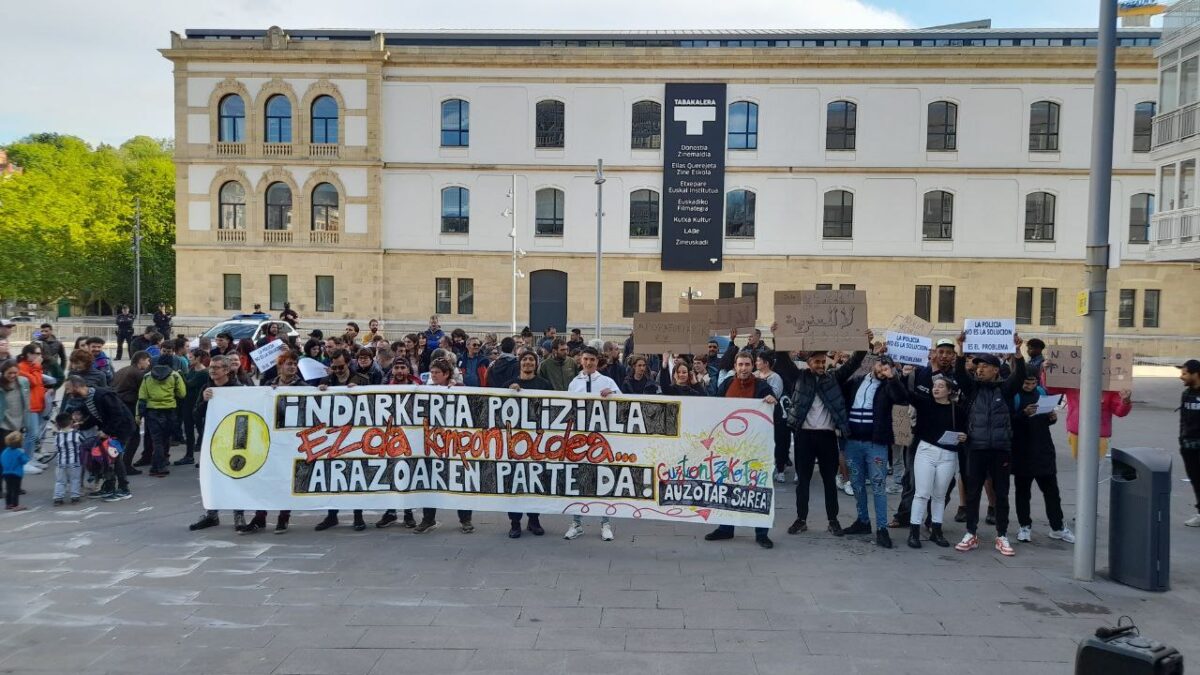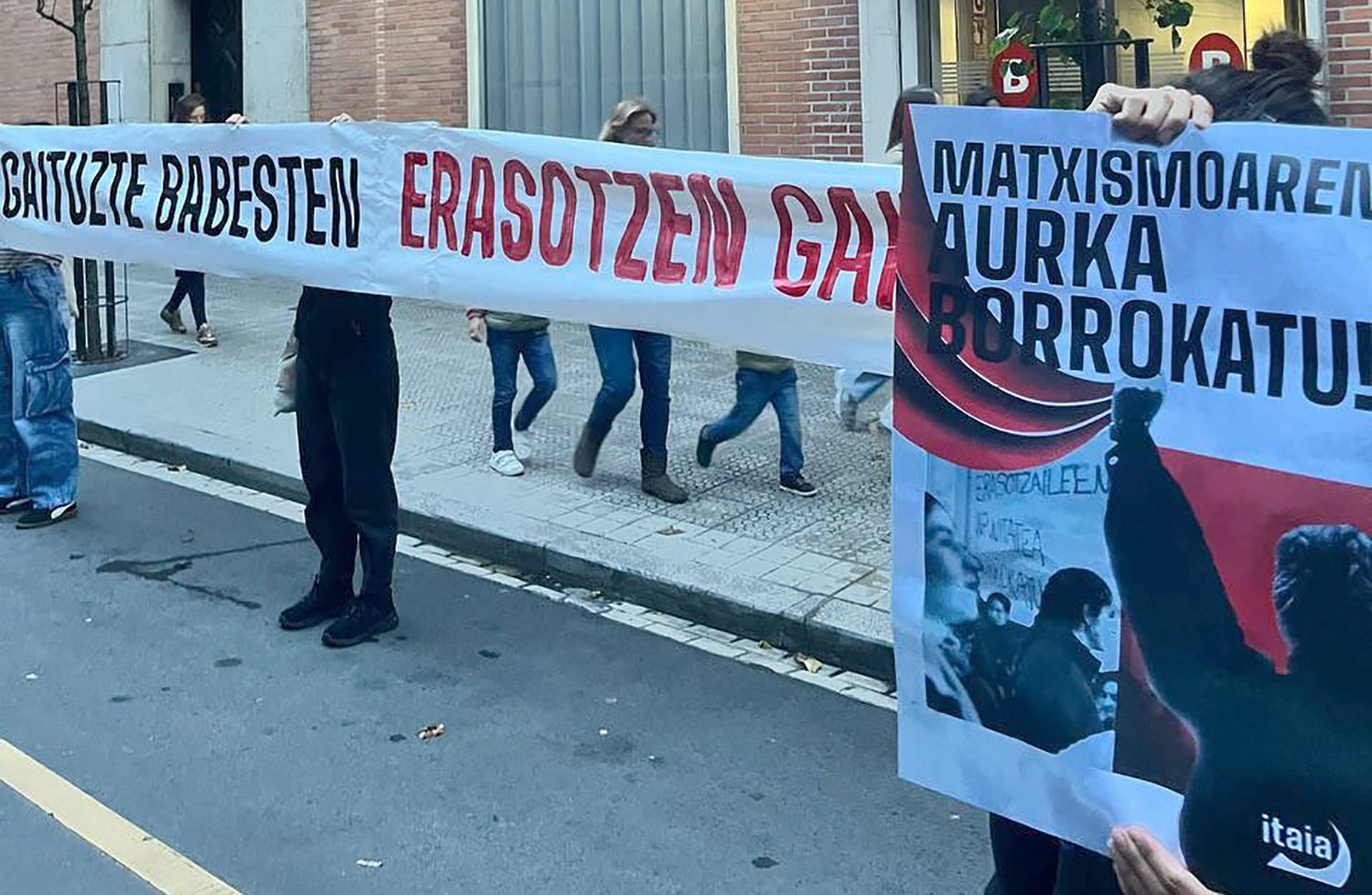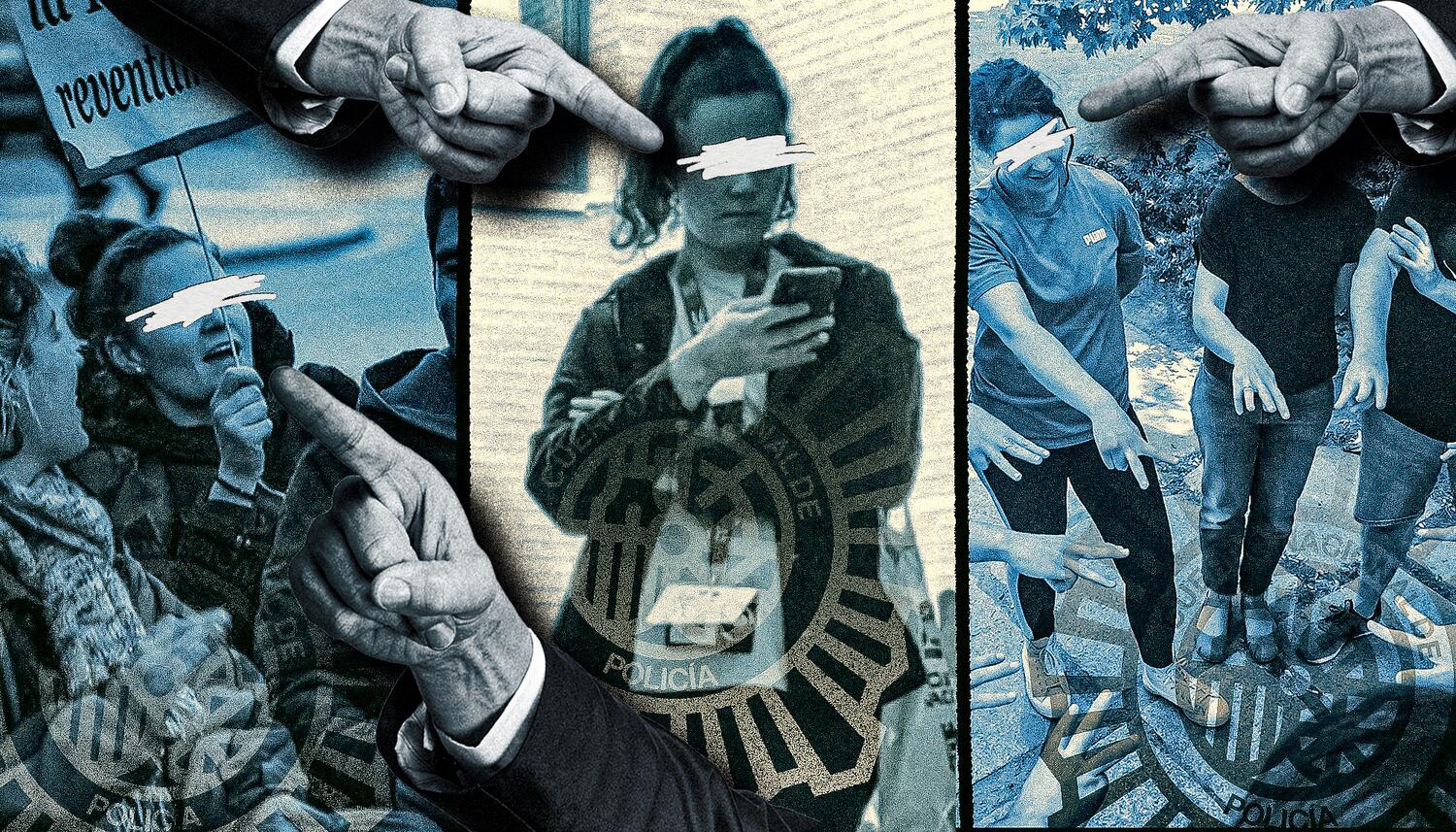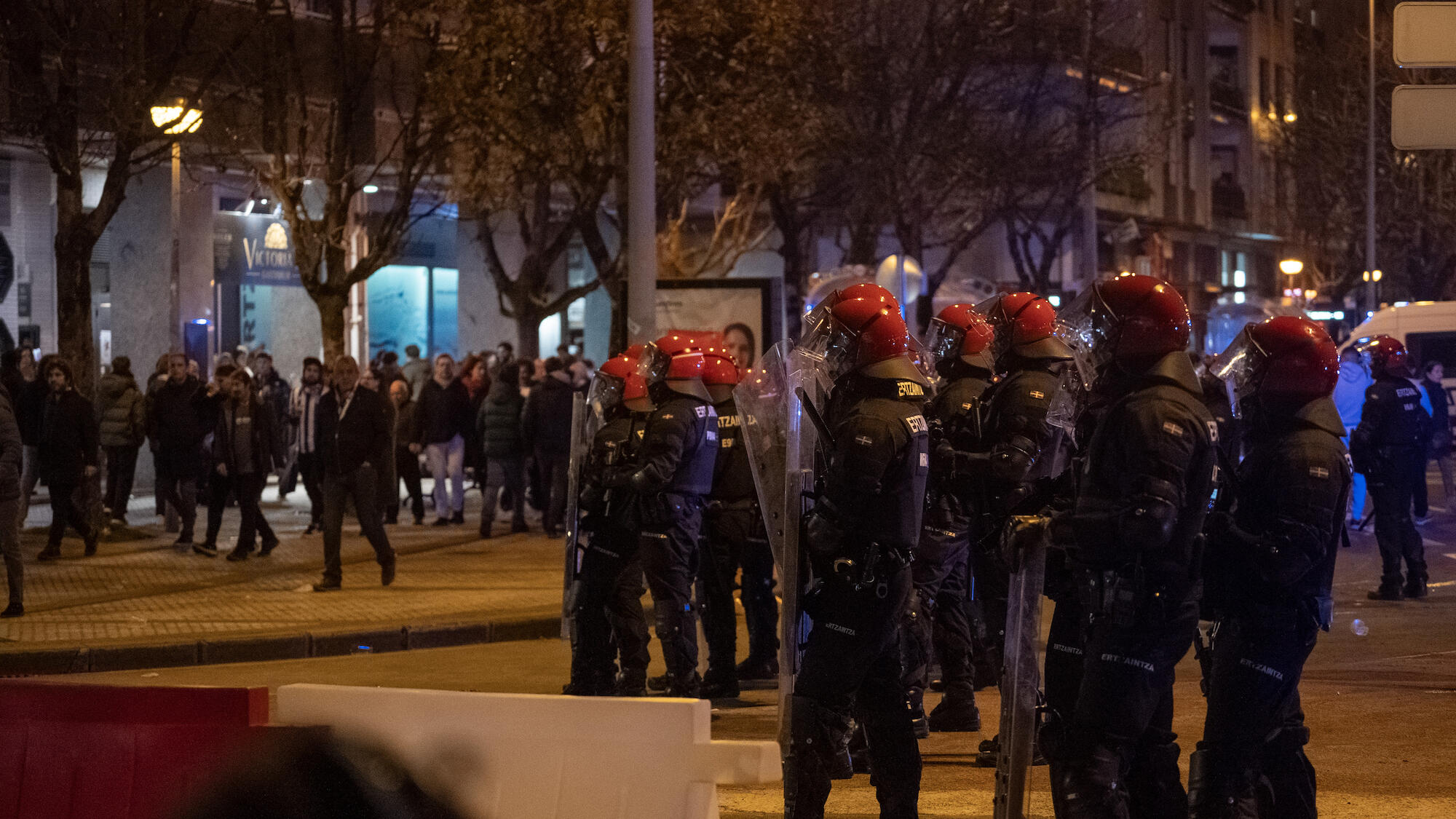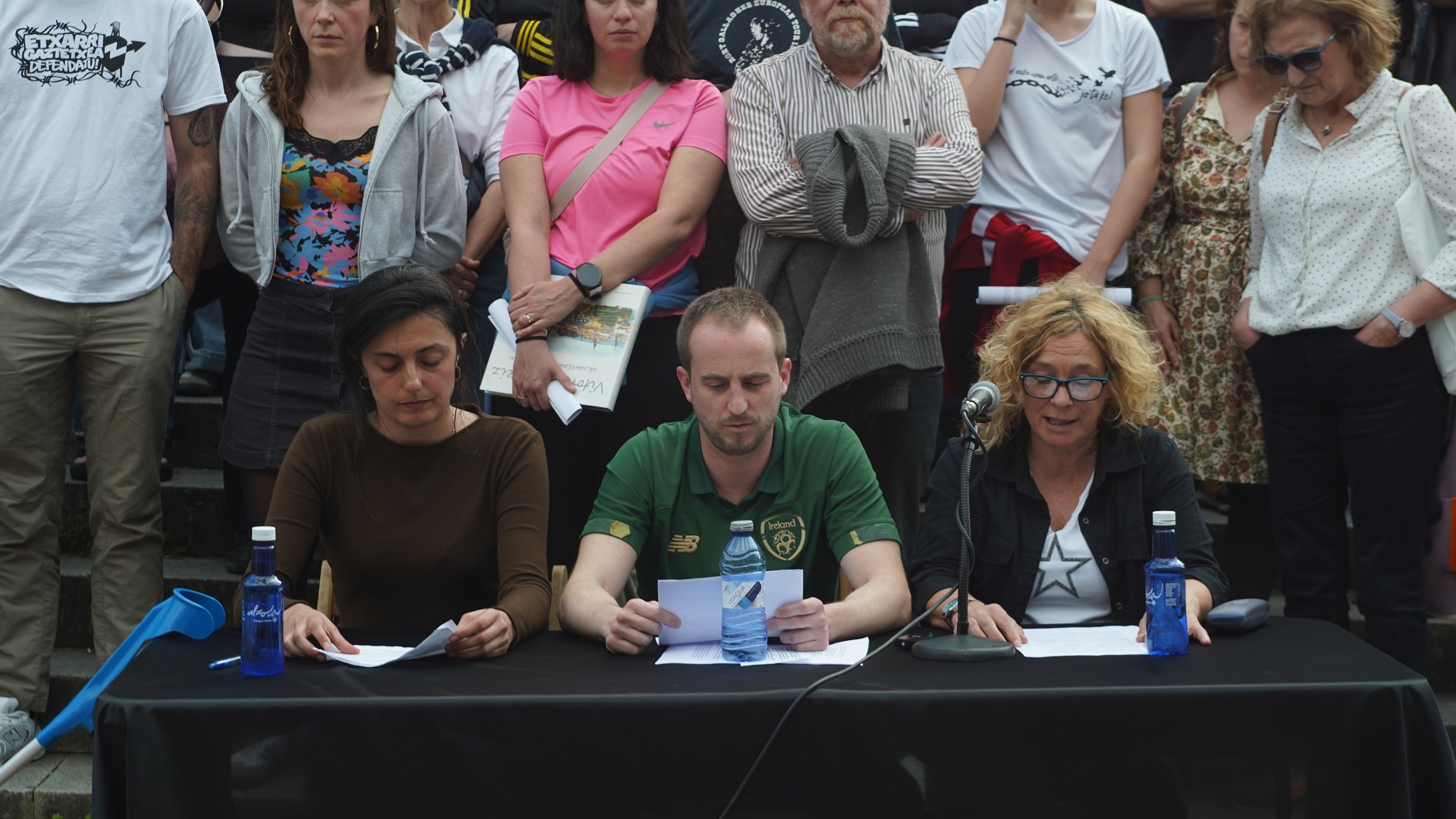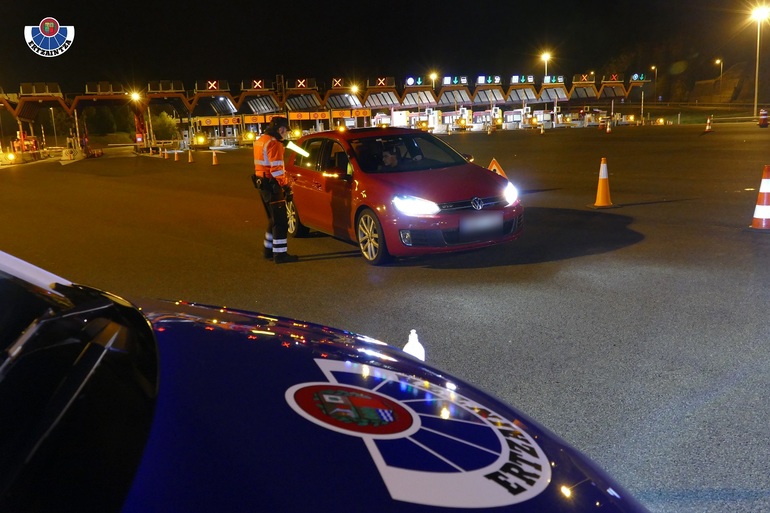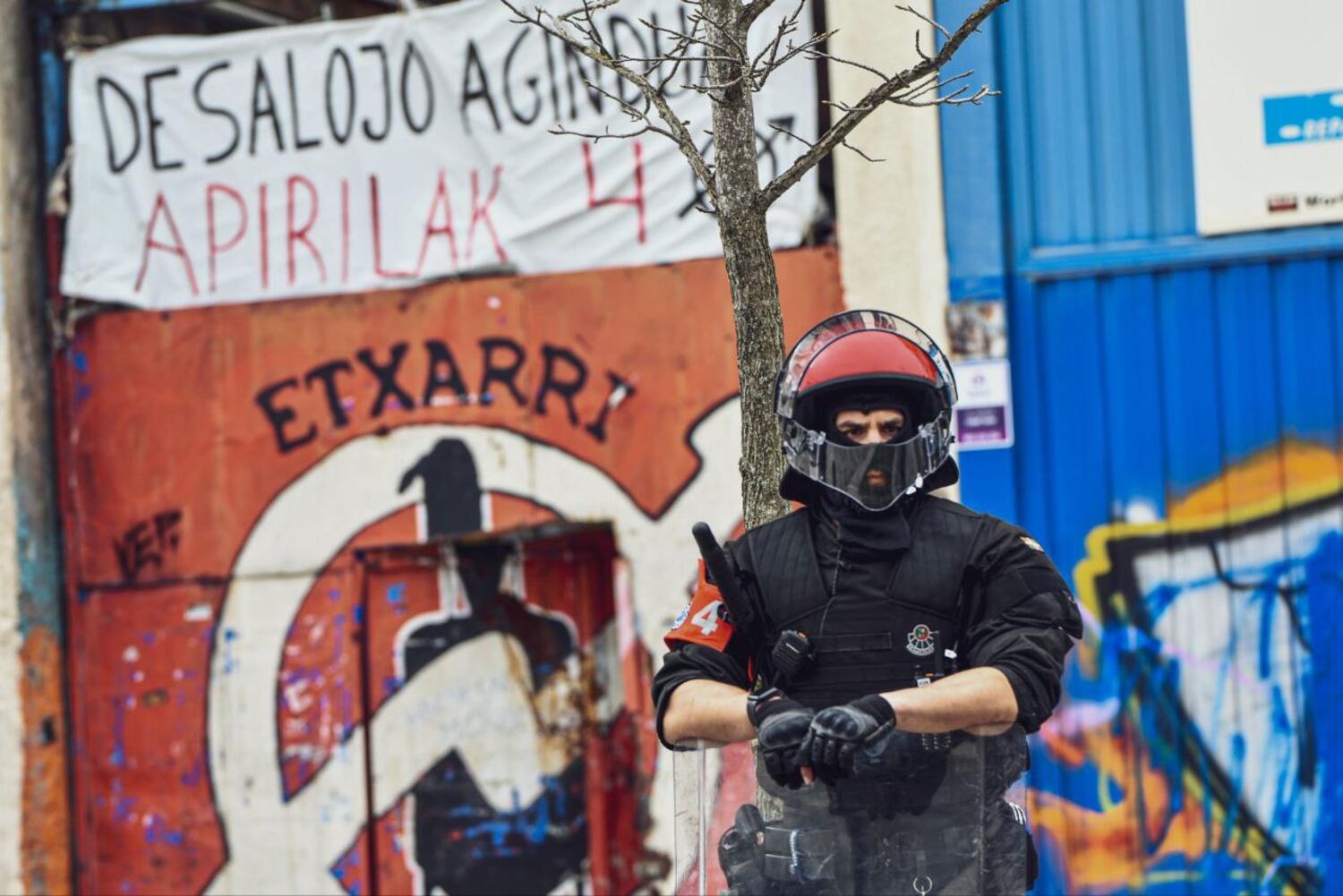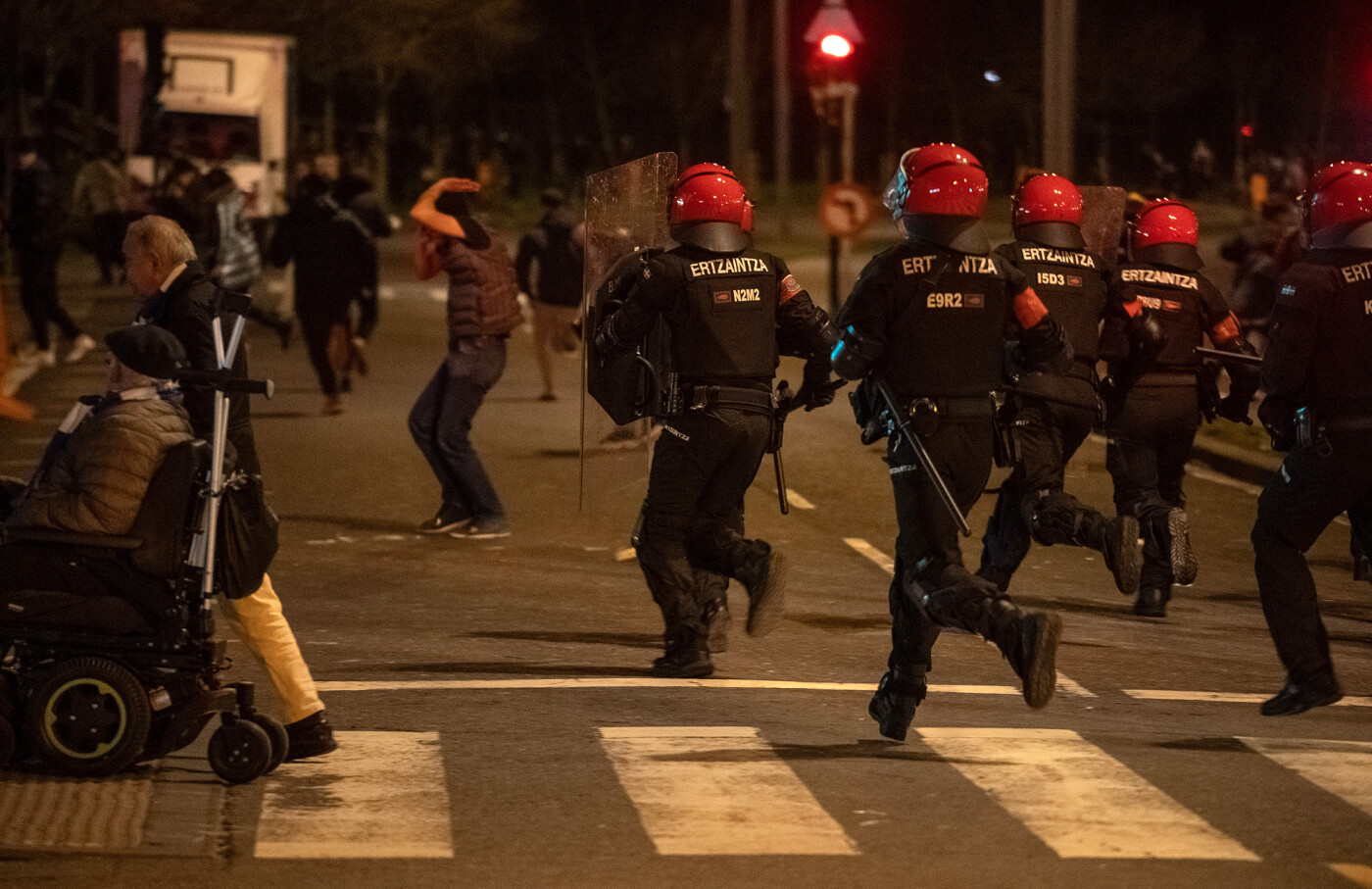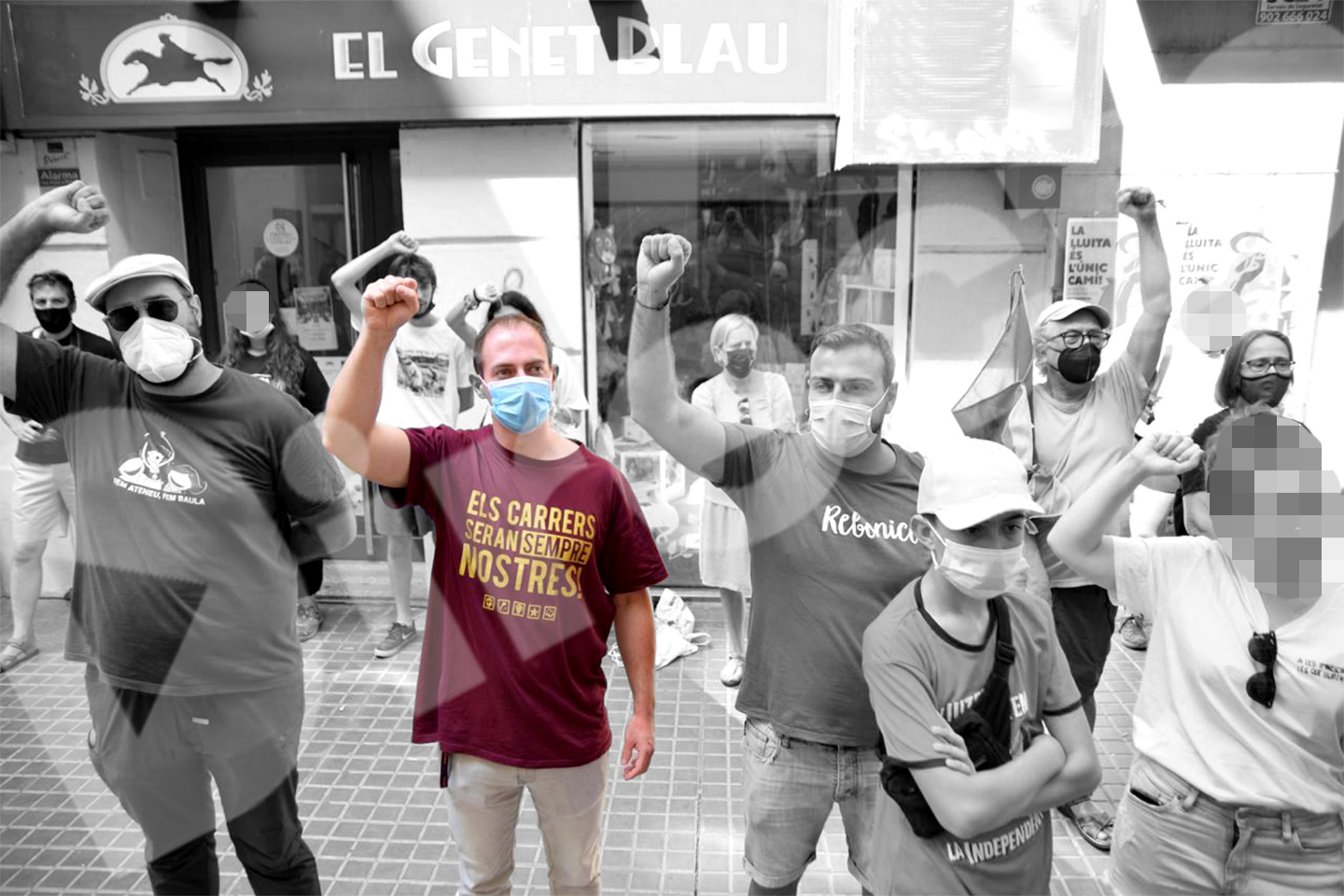Law on Police Violence, Lights and Shadows
Permitting is one of the pillars of politics and life. Another thing is where the limits of what is possible and depending on what. On 28 July the Basque Parliament will adopt the Spanish State officials' Victims' Act with the support, according to the forecasts of the PNV and PSE-EE. Both parties have recognised that this is "the best law among the possible". So what is not possible and why?
The law is a further step in the recognition of the victims of the State, which would affect some 300-400 people. Violations of their rights will be recognized and monitored in part. The shortcomings, however, are broad, both from the point of view of the general conflict we have experienced and from the point of view of recognition in Madrid. Its biggest problem is that it is not done in the context of a peace process. The Basque society has not had the strength, or did not want?, to set in motion a comprehensive peace process and now, the scheme of truth, justice and reparation that should be addressed in this process is being built with patches in different areas, to the extent that “it is possible”.
The main Basque parties, with the exception of EH Bildu, did not want a peace process to be put in place; and, because of the delay and lack of success in recent years, the Abertzale left has not been able to do so. The decades of political conflict woven a web of strong yarns, and a peace process wrapped in solid yarns could lead as effectively as possible to a new coexistence. It is not, then, that the future will become more complicated. In the meantime, in an area of Basque society, especially within this broad Basque left, there could be a puddle of frustration that we are not yet able to guess what consequences it may have.
The Law is based on the principles of truth, recognition and economic reparation. What about justice?
One of the main shortcomings of this law is that only part of the State accepts these abuses, the Basque Parliament. The Spanish Government does not share this view, despite the fact that the police forces that depend on it are the ones that have most violated the rights; it even resorted to a decree of the Basque Government of 2012 that regulates police violence that precedes this law, and the Superior Court of Justice of the Basque Country repealed several aspects of the decree. At the end of June, the Ministry of the Interior has already announced that several aspects of the current law could be considered unconstitutional and that, if accepted, it would invoke the judgment. The will of the PP, therefore, is clear: with a scheme of winners and defeated until the end, to the point of leaving Basque coexistence subject to the Madrid standards. How long will the Basque society accept this scheme of domestication? Where are the limits of the “possible” to overcome this scheme of revenge and control?
The Law is based on the principles of truth, recognition and economic reparation. What about justice? It is not subject to this law. Rather than in human and ethical rights, the law does not aim to equate the victims of ETA with those of the state, for political reasons, and it does so from its own base: an ETA can spend 40 years in prison for killing a citizen; the civil guard who killed a citizen will not even be tried. The law covers violations of rights between 1976 and 1999, but most of those prior to 1999 have prescribed, and the former ethnic groups continue to be prosecuted for the 1981 attacks. How do we believe that the law is the same for everyone? It is not possible.
In addition, this law is not responsible for the violations of rights that have been committed since 1999, as it could clash with investigations by the Spanish justice system. Given the will of the main powers of the State, everything is said. It will have to be left for another occasion. Like those 4,000 tortured from the State to which the Basque Government has made known the investigations ordered. And yet this law will appease the pain of many State victims.
I will take advantage of these last lines to announce the end of this section, which is entitled Gazteluko Plazatik. We leave on vacation and from September it will no longer be in this magazine. I will continue on the blog of the same name of ARGIA.eus with the analyses and reflections here. Or otherwise in the magazine. Sometimes getting right and sometimes getting completely right, this page has taught me how important it is to write from the independence of each one in the work of the journalist, and to write to the reader. Independence is not a myth. Thank you very much to all those who have followed these lines and to the next column, report or interview.
Fusilamenduak, elektrodoak eta poltsa, hobi komunak, kolpismoa, jazarpena, drogak, Galindo, umiliazioak, gerra zikina, Intxaurrondo, narkotrafikoa, estoldak, hizkuntza inposaketa, Altsasu, inpunitatea… Guardia Zibilaren lorratza iluna da Euskal Herrian, baita Espainiako... [+]












